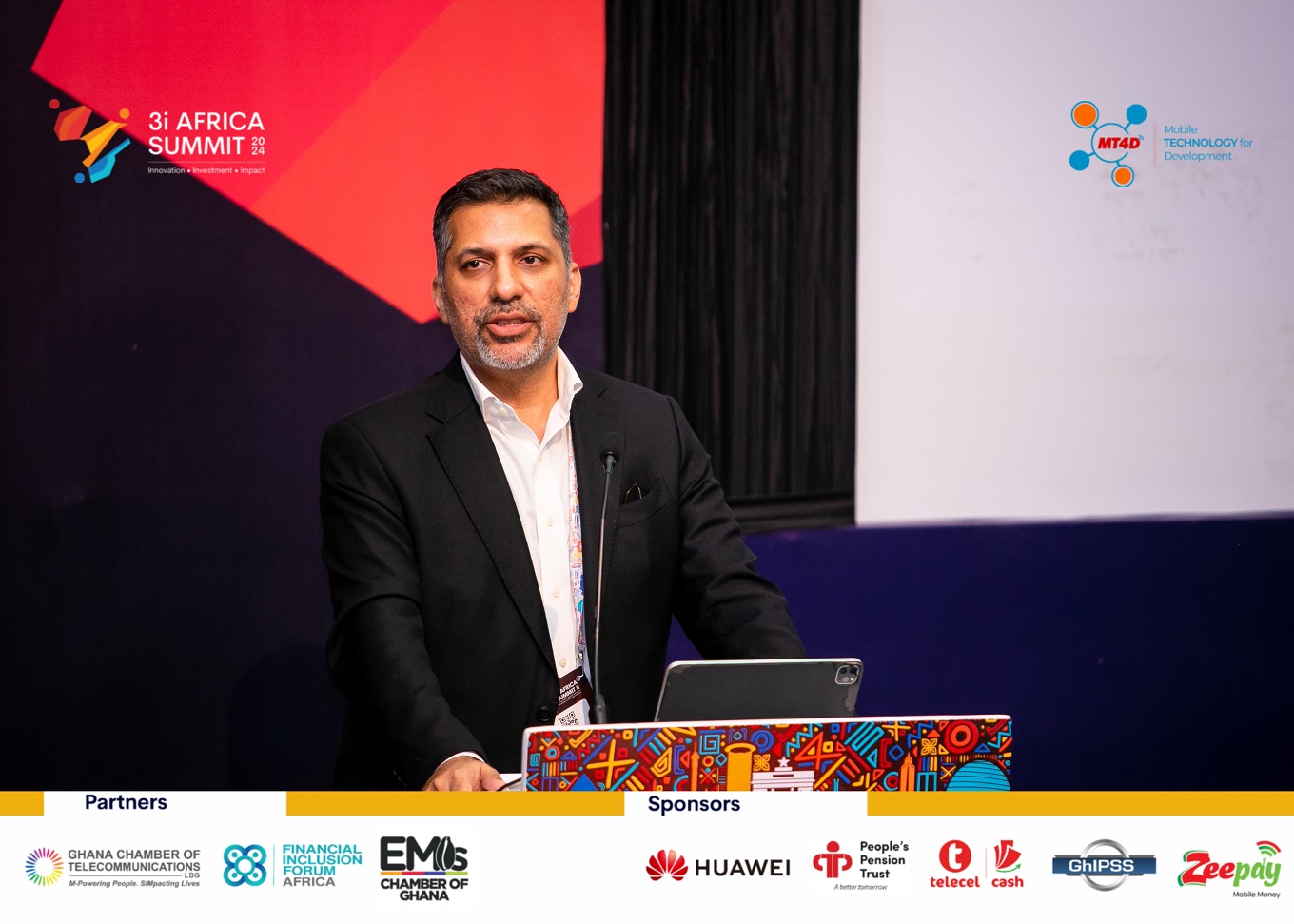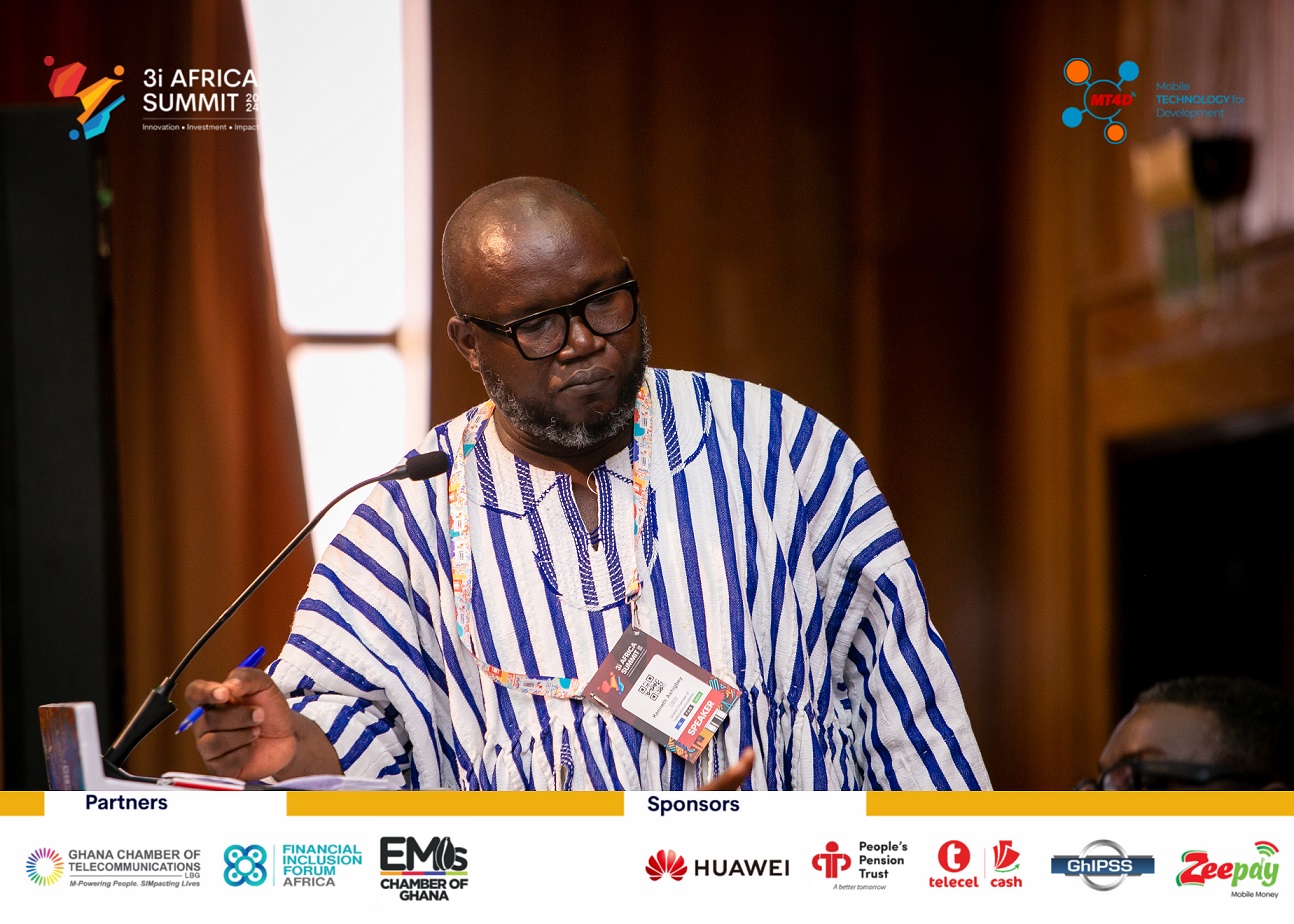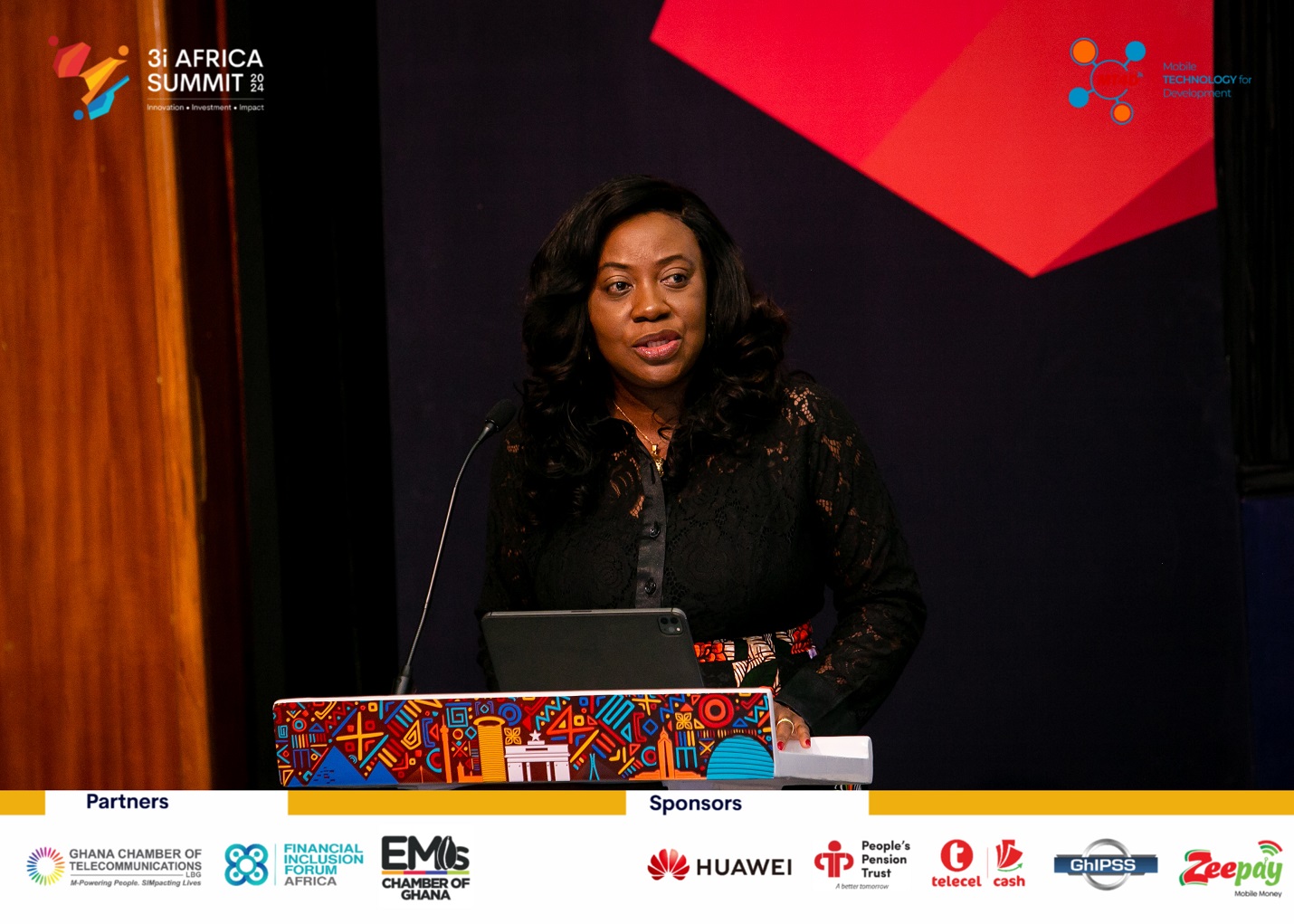1. Eligibility:
- The Technology Industry Media Excellence Awards (TIMEA) is open to Ghanaian journalists with accredited media houses, independent Ghanaian journalists who report on the telecommunications and technology industry as well as online platforms/bloggers.
- Entrants must be 18 years of age or older at the time of entry.
- Employees of the organizing the committee, sponsors, and their immediate family members are not eligible to participate.
2. Entry Submission:
- Entries must be submitted electronically through the official Ghana Chamber of Telecommunications website or via email as specified.
- Each entrant may submit up to three stories per category.
- Entries must have been published or aired between June 2023 and May 2024, as specified by the organizing committee.
- All entries must comply with the submission guidelines provided by the Ghana Chamber of Telecommunications.
3. Categories:
- The TIMEA includes multiple categories covering various aspects of telecommunications digital finance ecosystems including the following;
- MNOs and OEMs
- Infrastructure companies (TowerCos and Fibrecos)
- EMIs
- The organizing committee reserves the right to modify or add categories at its discretion.
4. Judging Process:
- Entries will be judged by a panel of telecommunications industry experts and media professionals selected by the organizing committee.
- Judging criteria will include originality, relevance, accuracy, impact, and overall quality of the content among other factors.
- The decisions of the judging panel are final and binding in all matters relating to the awards.
5. Prizes:
- Winners will be announced at the TIMEA awards ceremony, and prizes will be awarded to the top entries in each category.
- Prizes will include laptops, plaques, certificates, and recognition in telecommunications industry publications.
6. Intellectual Property:
- By submitting an entry, entrants grant the organizing committee the right to use, reproduce, display, and distribute their content for promotional purposes related to the TIMEA.
- Entrants acknowledge that they are the sole owners of the intellectual property rights to the submitted content or have obtained necessary permissions for its use.
7. Publicity:
- Winners may be required to participate in publicity activities related to the TIMEA, including but not limited to interviews, press releases and social media posts.
- The organizing committee reserves the right to use winners’ names, likenesses and content for promotional purposes without additional compensation.
8. Disqualification:
- Entries that do not comply with the eligibility criteria or submission guidelines may be disqualified at the discretion of the organizing committee.
- The organizing committee reserves the right to disqualify any entry that is deemed inappropriate, offensive, or in violation of any laws or regulations.
9. Limitation of Liability:
- The organizing committee and its affiliates shall not be liable for any loss, damage, or injury arising from participation in the TIMEA or acceptance of any prize.
- By participating in the TIMEA, entrants agree to release, discharge, and hold harmless the organizing committee and its affiliates from any and all claims arising out of or in connection with the awards.
10. Governing Law:
- These terms and conditions shall be governed by and construed in accordance with the laws of Ghana.
- Any disputes arising under or in connection with these terms and conditions shall be subject to the exclusive jurisdiction of the courts of Ghana.
11. Modification:
- The organizing committee reserves the right to modify, suspend, or cancel the TIMEA or these terms and conditions at any time without prior notice.
12. Acceptance:
- Participation in the TIMEA constitutes acceptance of these terms and conditions.
- Entrants are advised to review these terms and conditions carefully before submitting their entries.
Submission Guidelines
Technology Industry Media Excellence Awards
1. Submission Format:
– Entries must be submitted electronically through the official Ghana Chamber of Telecommunications website or via email to the designated address.
– Each entry should include the following:
- Title of the entry.
- Date of publication or airing.
- Category for which the entry is submitted.
- Name of the entrant.
- Contact information (email address, phone number).
- Publication or media outlet where the entry was featured.
- Link to or attachment of the entry (if applicable).
- Brief description or summary of the entry (not exceeding 200 words).
2. Entry Limit:
- Each entrant may submit up to three stories per category.
3. Language:
- Entries may be submitted in any language, but English translations must be provided for non-English submissions.
- English translations should be accurate and submitted along with the original content.
4. Copyright and Permissions:
- Entrants must ensure that they have the necessary rights and permissions to submit the content for consideration.
- Content submitted must not infringe upon the intellectual property rights of any third party.
8. Confirmation of Receipt:
- Entrants will receive a confirmation email upon successful submission of their entries.
- If an entrant does not receive a confirmation email within [5] working days of submission, they should contact the organizing committee for assistance via info@telecomschamber.org.
9. Disqualification:
- Entries that do not comply with the submission guidelines or eligibility criteria may be disqualified at the discretion of the organizing committee.
- The decision of the organizing committee regarding disqualification is final.
10. Inquiries:
- For inquiries regarding the submission process or eligibility criteria, entrants may contact the organizing committee at info@telecomschamber.org/ 0302730500].
By submitting an entry to the Technology Industry Media Excellence Awards, entrants acknowledge that they have read, understood, and agreed to abide by these submission guidelines.




